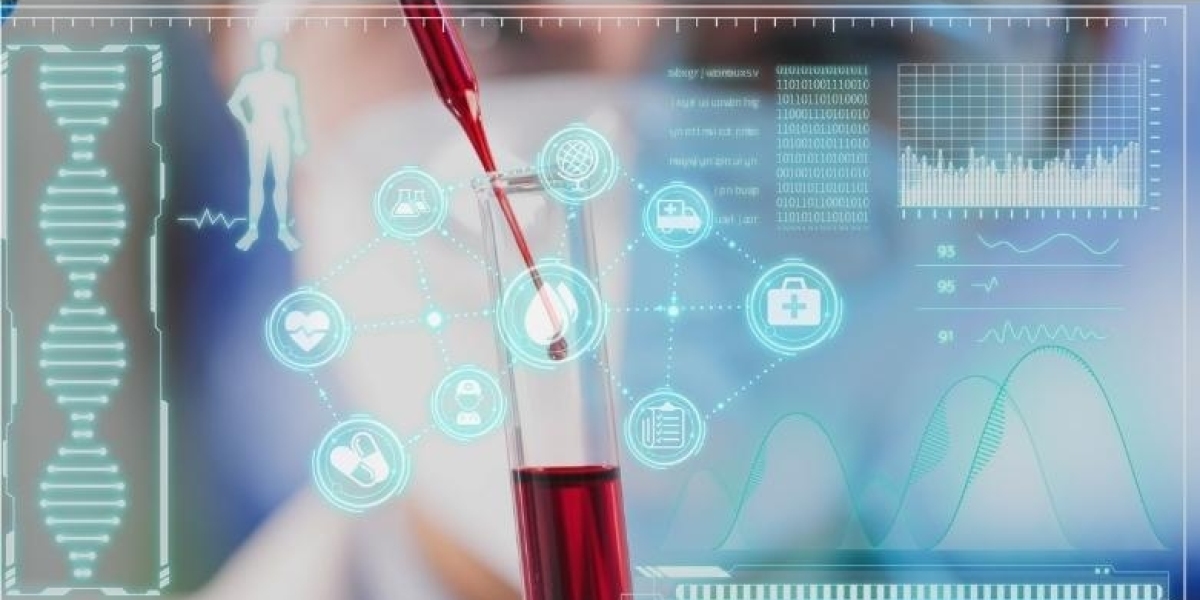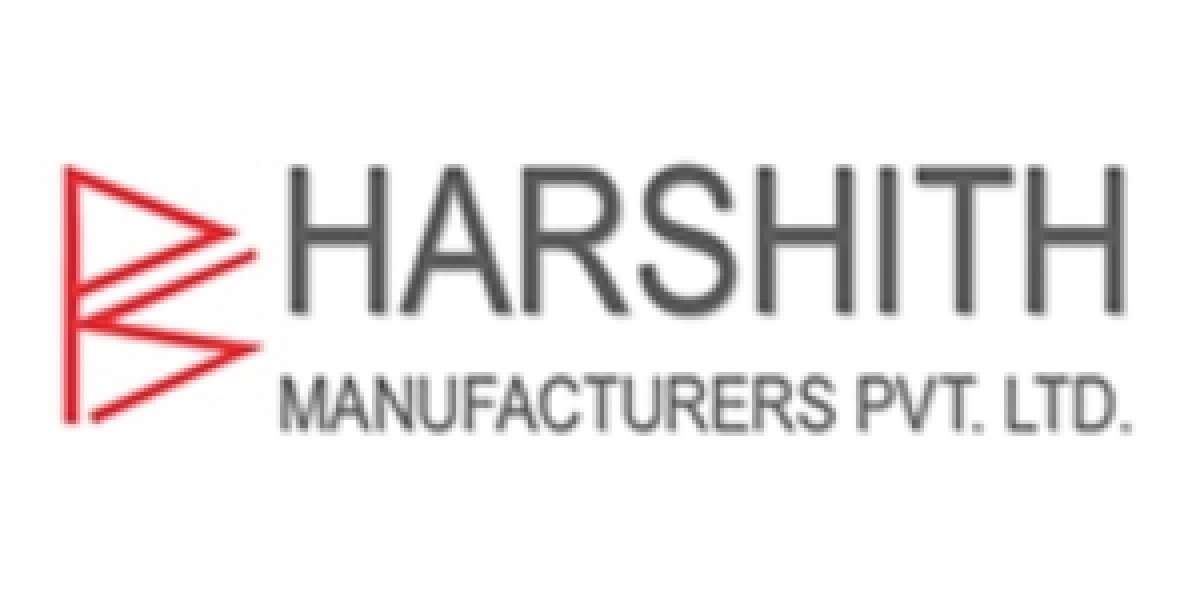In this guest post, we will explore the significance of these innovative therapeutic agents and how they are poised to transform the landscape of healthcare, offering new hope for treating a wide range of diseases.
The Promise of Fully Human Monoclonal Antibodies Fully human monoclonal antibodies, as the name suggests, are antibodies that are entirely derived from human sources. These innovative biotherapeutics represent a significant advancement in the field of medicine and hold great promise for treating a diverse range of diseases.
How They Differ from Conventional Antibodies Unlike conventional monoclonal antibodies, which may have components derived from non-human sources, fully human monoclonal antibodies are created using advanced technology to ensure that every part of the antibody is human in origin. This minimizes the risk of adverse reactions and enhances their effectiveness.
A Breakthrough in Precision Medicine Fully human monoclonal antibodies are a cornerstone of precision medicine. By being fully human, they reduce the likelihood of immunogenicity, making them an ideal choice for personalized treatment approaches. This means more targeted and effective therapies with fewer side effects.
Wide Therapeutic Applications These advanced antibodies have demonstrated efficacy in a variety of therapeutic applications, including oncology, immunology, infectious diseases, and rare genetic conditions. Their versatility allows for the development of treatments for a broad spectrum of diseases.
Enhanced Safety Profile Fully human monoclonal antibodies have a superior safety profile due to their reduced immunogenicity. This means that patients are less likely to experience adverse reactions, making them ideal for long-term treatments and improving overall patient well-being.
Redefining Cancer Treatment In the field of oncology, fully human monoclonal antibodies are showing remarkable results. They can target specific tumor markers with high precision, which allows for the development of more effective and less toxic cancer treatments.
Revolutionizing Autoimmune Disease Management For patients with autoimmune diseases, these antibodies hold the potential to modulate the immune system, reducing harmful immune responses and providing relief from debilitating conditions like rheumatoid arthritis and multiple sclerosis.
Combating Infectious Diseases Fully human monoclonal antibodies have been instrumental in the fight against infectious diseases. They can neutralize viruses, such as SARS-CoV-2 (responsible for COVID-19), and hold promise for the development of prophylactic and therapeutic treatments for various infections.
Advancing Rare Disease Therapies Patients with rare and orphan diseases often face limited treatment options. Fully human monoclonal antibodies offer new hope for individuals with these conditions, providing a path to developing much-needed therapies.
Future Prospects The development of Fully human monoclonal antibodies is a testament to the ever-evolving landscape of medicine. As research and technology continue to advance, the potential applications for these antibodies will expand, leading to even more groundbreaking therapeutic options.
In summary, fully human monoclonal antibodies are revolutionizing healthcare by offering safer, more targeted, and highly effective treatment options. Their potential applications in precision medicine, oncology, immunology, infectious diseases, and rare genetic conditions are transforming the way we approach and treat diseases. These advanced antibodies are paving the way for a future where more patients can access personalized, efficient, and well-tolerated therapies, providing new hope for individuals facing a wide range of health challenges.
Visit nona biotechnology for more information.








